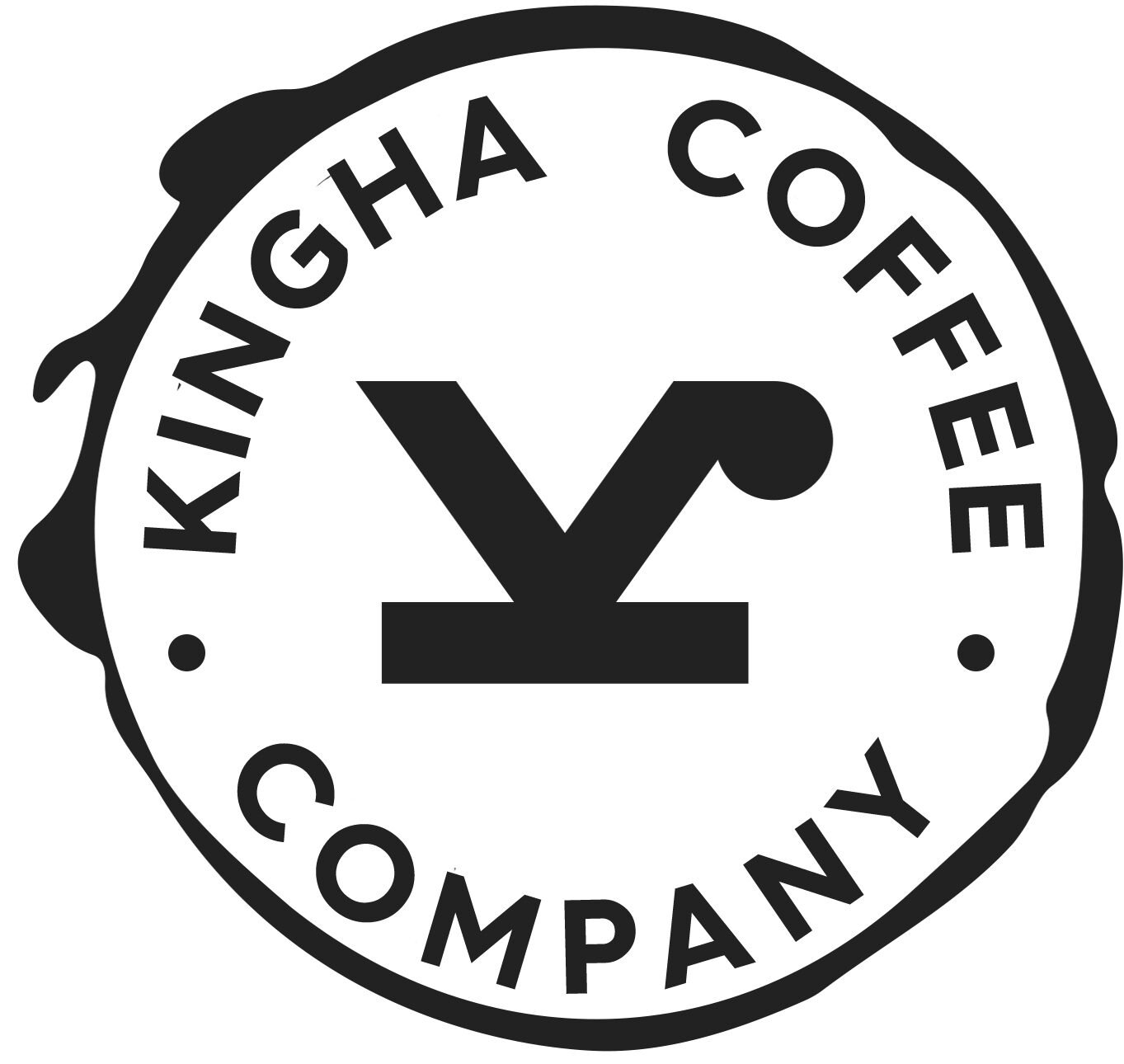Buzzwords abound in the world of coffee, but perhaps none more so than the term “organic coffee beans.”
Whether you buy your beans online, from a supermarket, or directly from a roaster, the chances are that you’re interested in organic coffee more so than other variants.
But what exactly are organic coffee beans? What makes them unique? And are they worth buying?
Here, we explain everything you need to know about organic coffee beans and introduce you to our ethically-sourced organic coffee beans.
What does “organic” mean in the coffee industry?
Organic coffee beans are those which are produced without the aid of an artificial substance. In other words, it is certified coffee that has been produced by growers who have abstained from using harmful pesticides, herbicides, and other chemicals to accelerate and protect the growth of the crop.
While not all pesticides and herbicides are bad (there are some organic options), mass-produced chemicals can have a detrimental impact on the taste and quality of coffee, as well as on the local ecosystem in which the coffee is grown.
Fundamentally, any coffee that is certified organic is cleaner, more environmentally friendly, and more sustainable. Let’s take a closer look at how organic coffee beans are different from conventional beans.
Conventional vs organic coffee beans
Conventional, mass-produced coffee is among the “most heavily chemically treated foods in the world.” This means that people who grow it use chemical pesticides, fungicides, herbicides, fertilizers, and insecticides to accelerate the growth of the beans pre-harvest.
These practices are seriously bad news for the farmers who are tasked with spraying the coffee on their farms, given the long-term health implications of chemical exposure. It’s also bad for the ecosystems in which the coffee is grown. Such chemicals can degrade soil and pollute local water sources, which can have devastating long-term impacts on the health and prosperity of the community in question.
In contrast, organic coffee is grown without the use of such chemicals. Organic coffee bean farmers use natural processing methods and turn to organic fertilisers, be it chicken manure or coffee pulp, for instance. This means that the health and wellbeing of farmers is not at risk, and ensures that the process of growing coffee does not degrade the local ecosystem.
Another benefit is that organic coffee beans emit less carbon than conventional coffee, resulting in a more climate-friendly crop. So, there’s no doubt that choosing organic coffee beans over non-organic crops can have a big impact on the lives of the people that grow them. Let’s take a look at some of the pros and cons of buying organic coffee beans so you can compare and contrast.
Pros and cons of buying organic coffee beans
The benefits of buying organic coffee beans certainly outweigh the negatives. Still, here are the main pros and cons:
Pros
- No chemicals are used in the production of organic coffee beans, protecting the long-term health of the growers.
- This also protects the local ecosystems, as chemical fertilisers and herbicides can degrade soil and pollute local waterways, causing serious issues for local communities.
- Organic coffee beans emit less carbon and are more climate-friendly than their non-organic counterparts.
- Because no chemicals are used, organic coffee tastes better and is more natural than chemically treated coffee.
Cons
- Organic coffee is nearly always more expensive than chemically treated coffee.
- Organic coffee is not as widely available as conventional coffee. You need to seek it out, no matter where you buy your coffee from.
Weighing the additional costs of going organic

As the world is gripped by a cost-of-living crisis, it’s important to touch on the point that organic coffee is typically more expensive than non-organic coffee. You might end up paying a few bucks more for a kilo of organic, sustainable coffee – so is it worth it?
At the end of the day, this is a personal call. But you need to think about the negative impact that non-organic coffee growth is having on our already fragile world. We cannot continue with unsustainable and non-organic processes forever, the environment simply won’t tolerate it.
The more people that invest in organic coffee and turn their backs on non-organic produce, the more the coffee industry at large will pay attention to consumer demands. So, although it might be more expensive, it’s undoubtedly worth paying a little extra for organic coffee that is sustainably sourced.
What organic coffee means to Kingha
All of the coffee that we produce on our Ugandan estate is organic, and we currently cultivate more than 20 acres of organic produce each year.
We use a variety of pioneering techniques to ensure that our coffee crop is fully organic while guaranteeing its taste at the end of the coffee journey.
We also provide educational workshops to local communities in the areas that we work in to try and encourage more growers to commit to organic farming practices.
Ultimately, we all have a responsibility to be more mindful of our environmental footprint, and we firmly believe that we can all do our bit to contribute positively to the climate crisis that the world is currently facing.
The verdict
Organic coffee beans are sustainably grown, better for the environment, and much tastier than conventional coffee that has been treated with chemicals. It’s that simple!
At Kingha, we’re proud that our delicious African coffee is fully organic, and we are committed to our sustainable principles.
For more information about how we work and if you would like to stock Kingha coffee, please do drop us a line to say hi.

